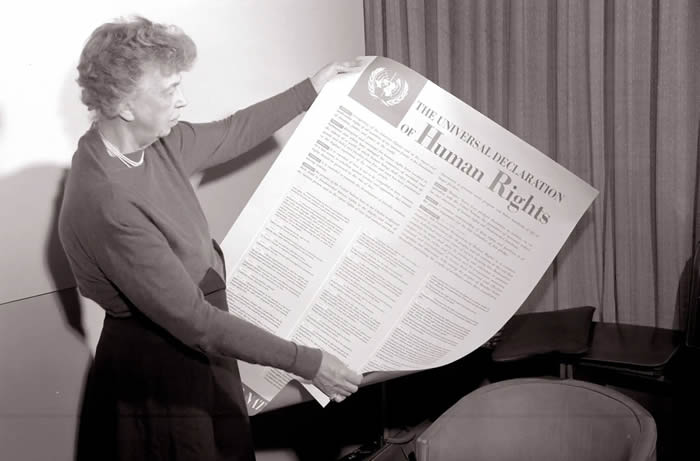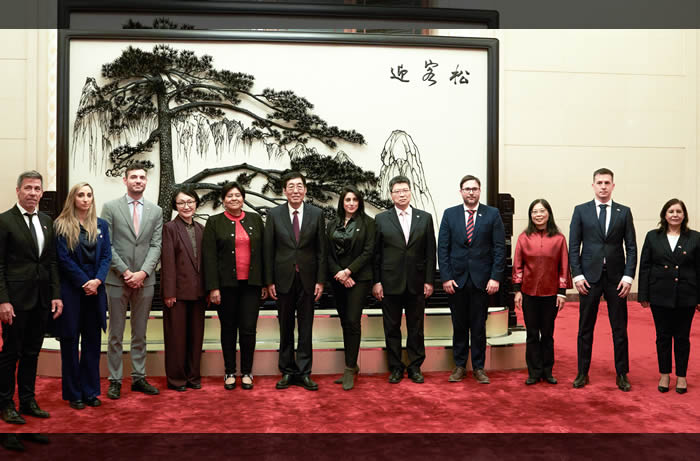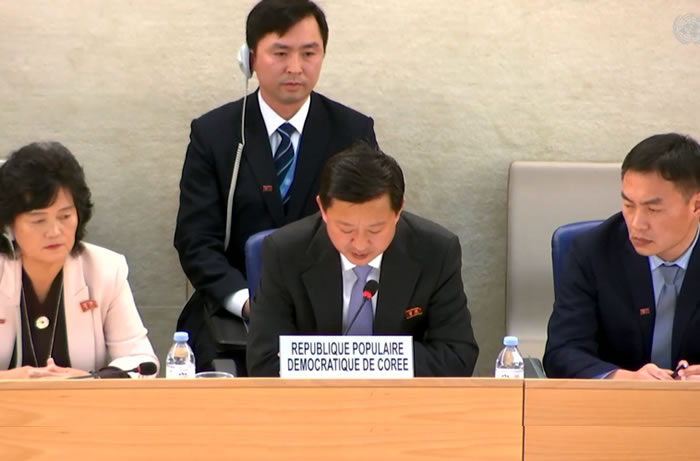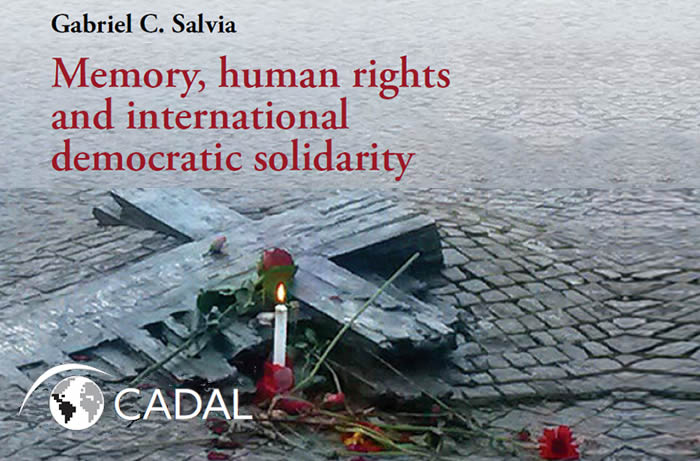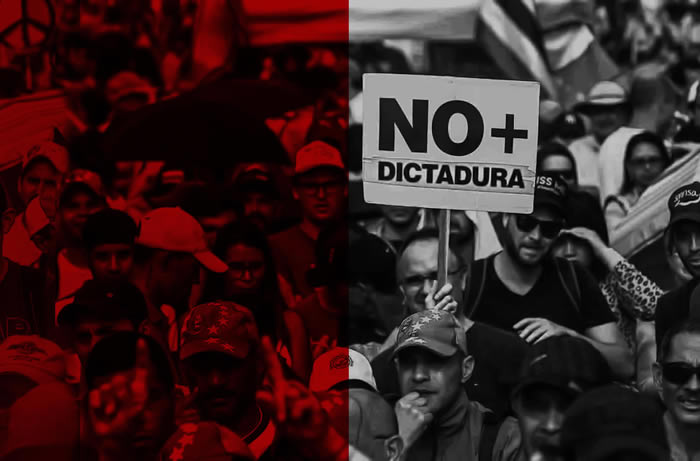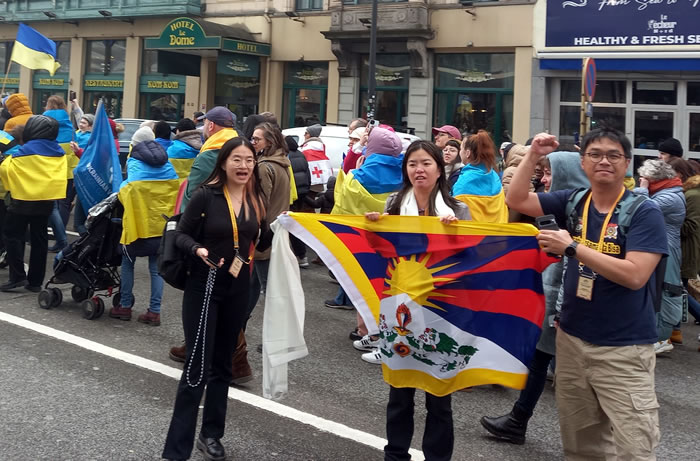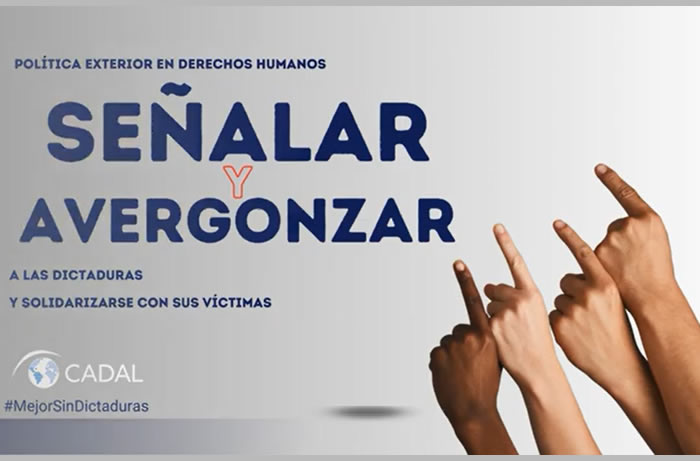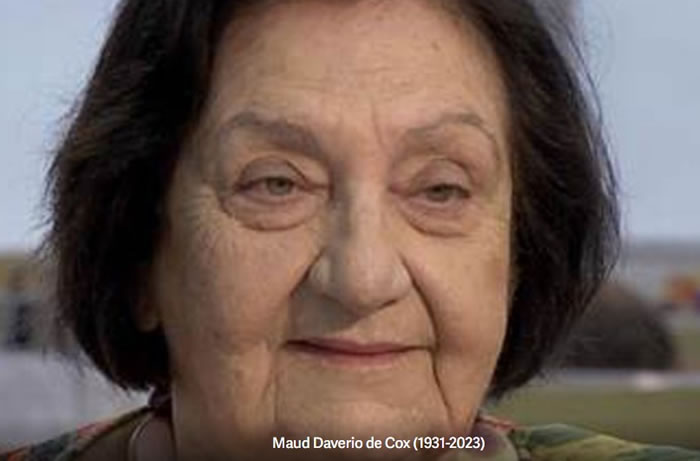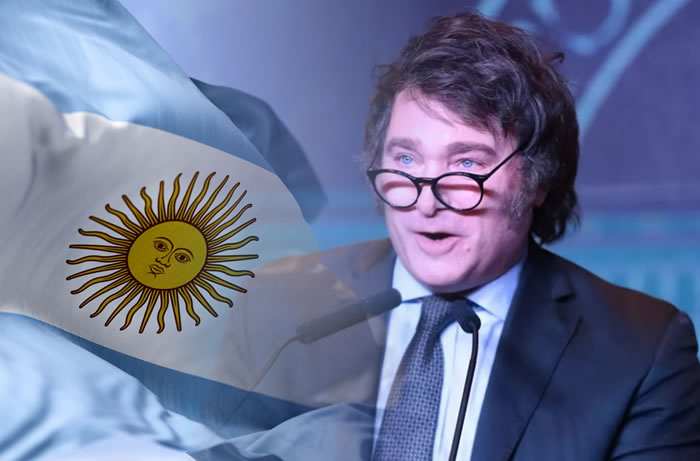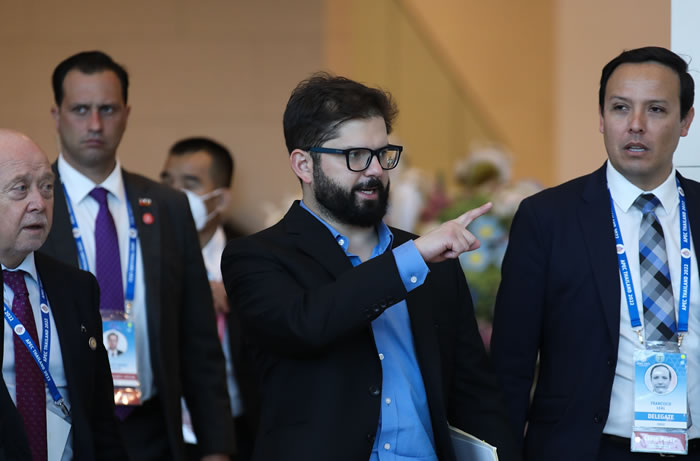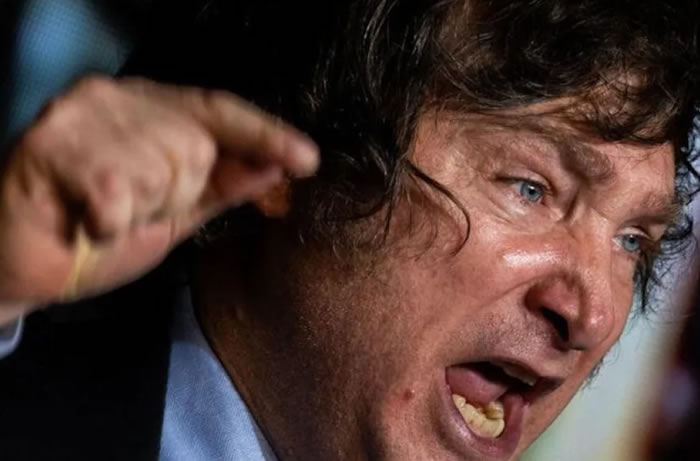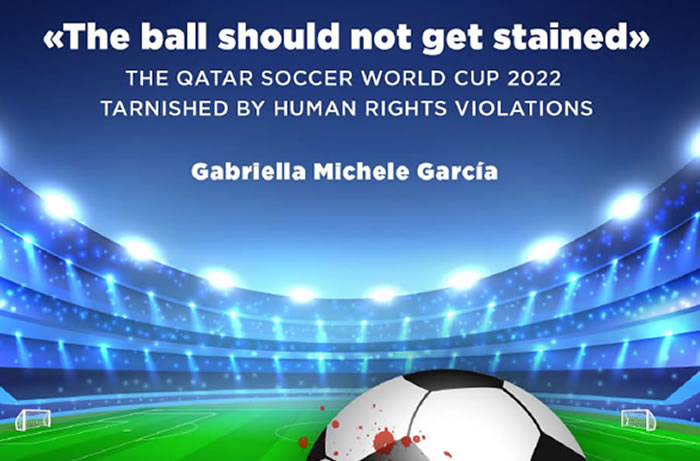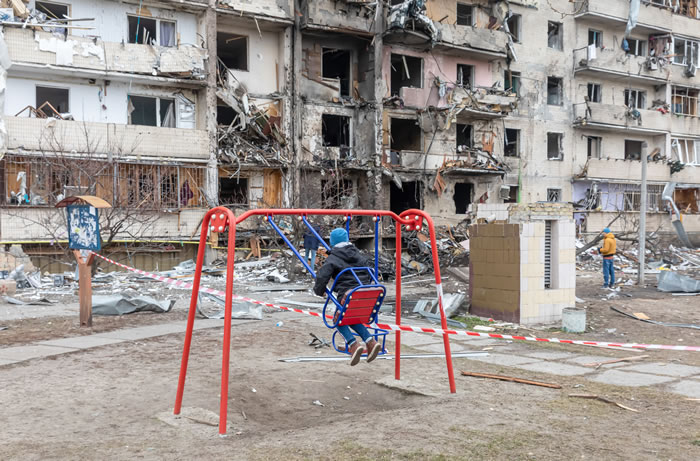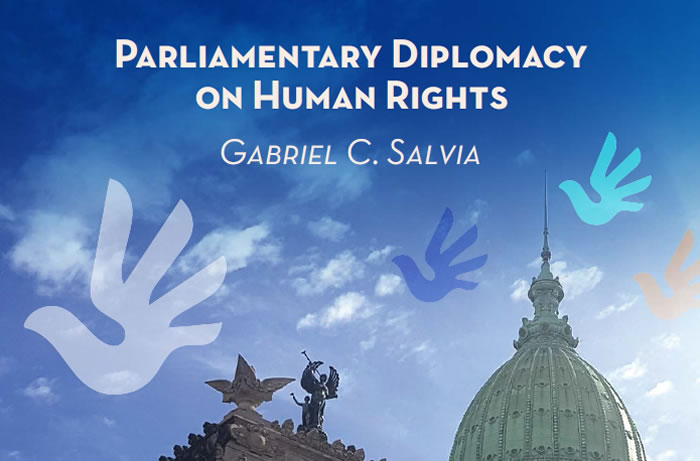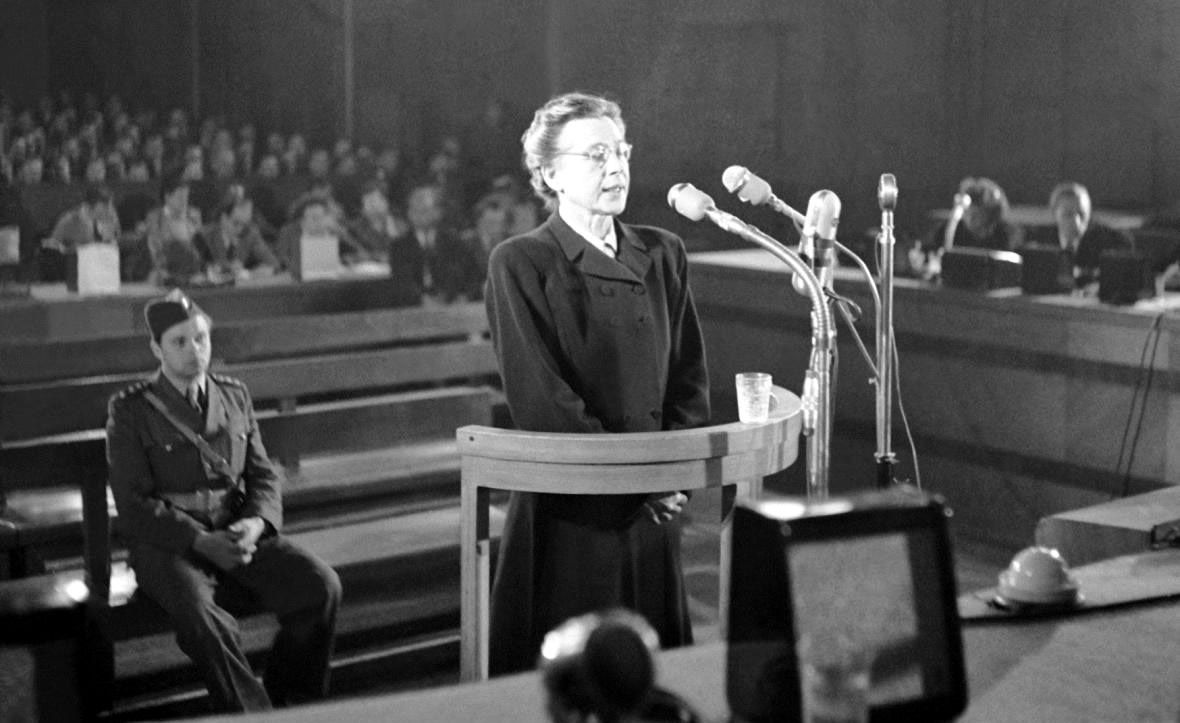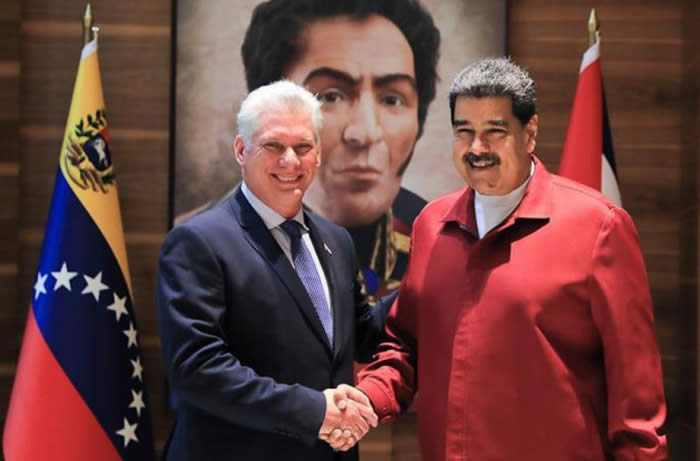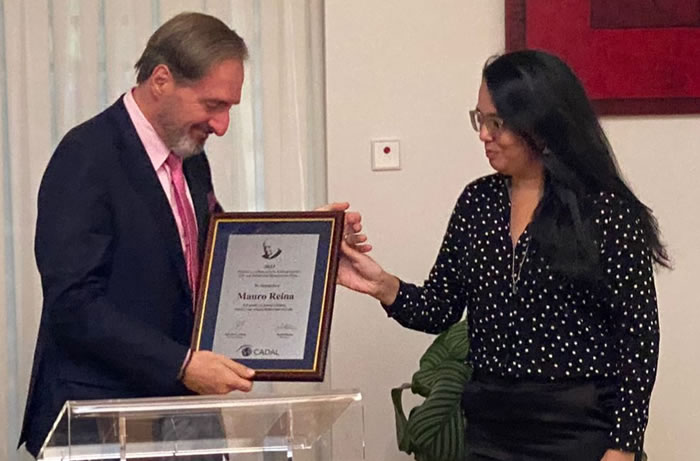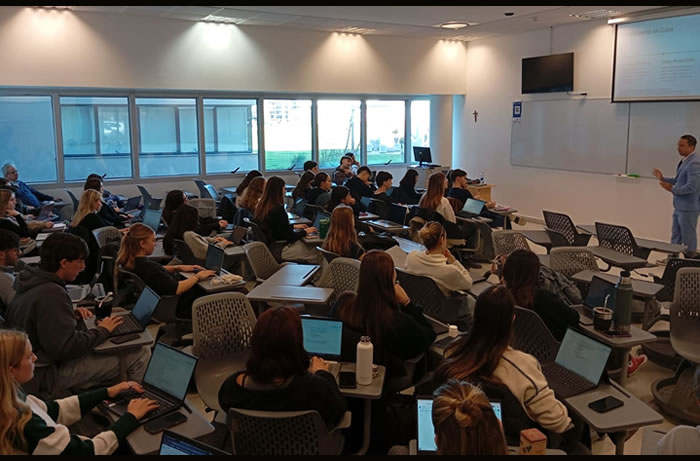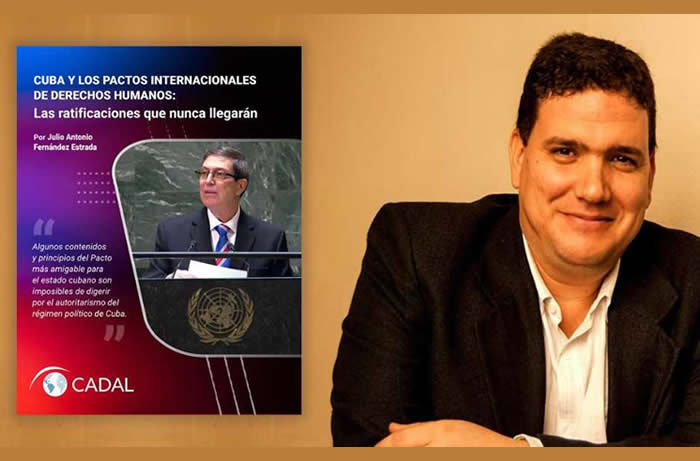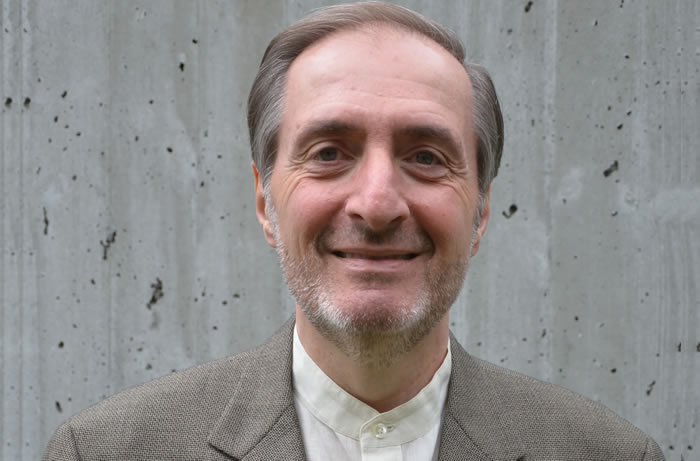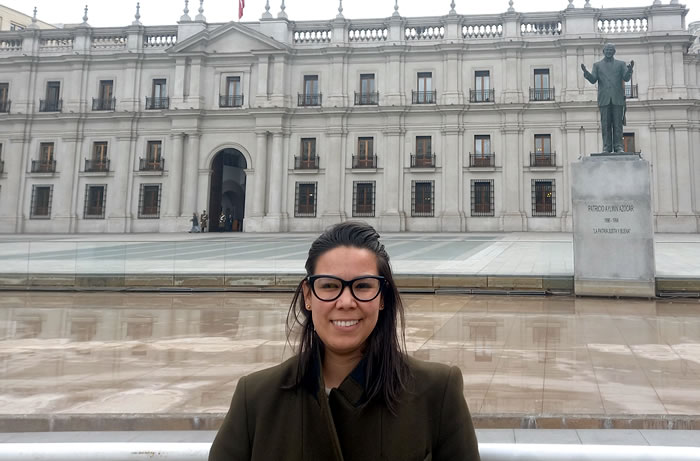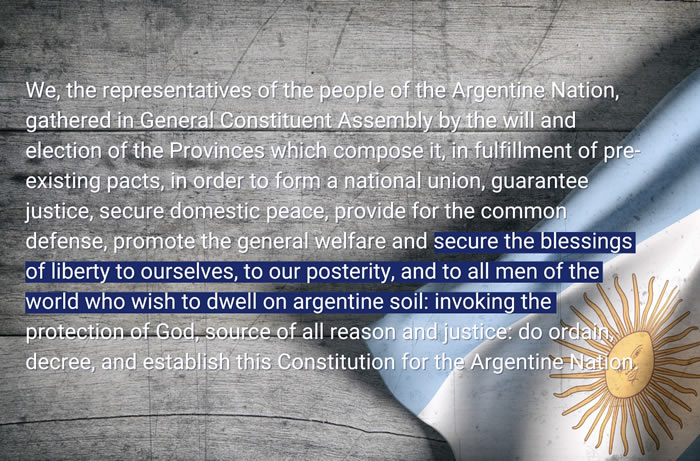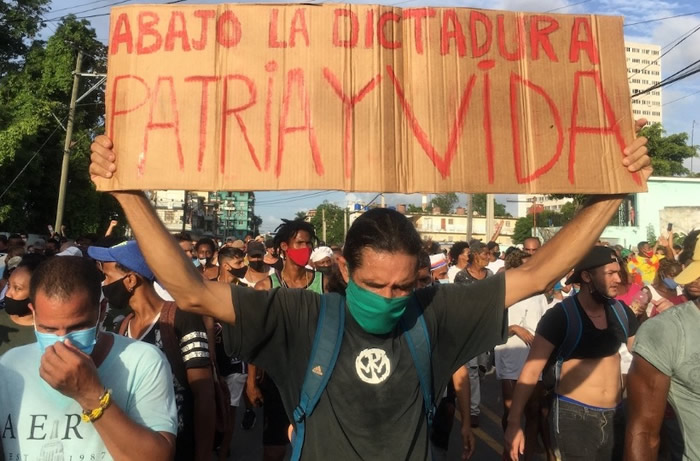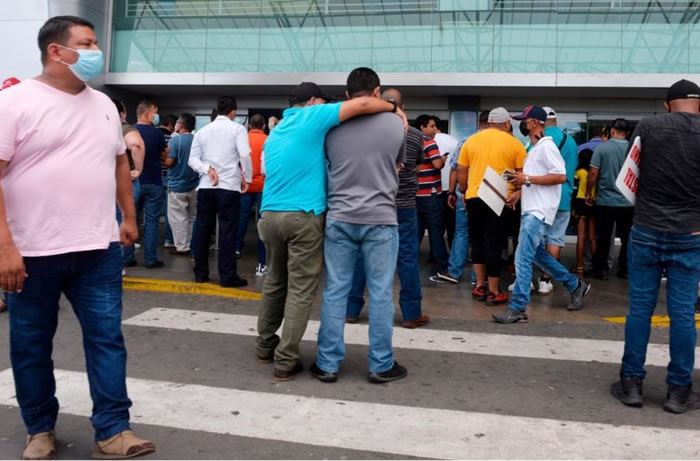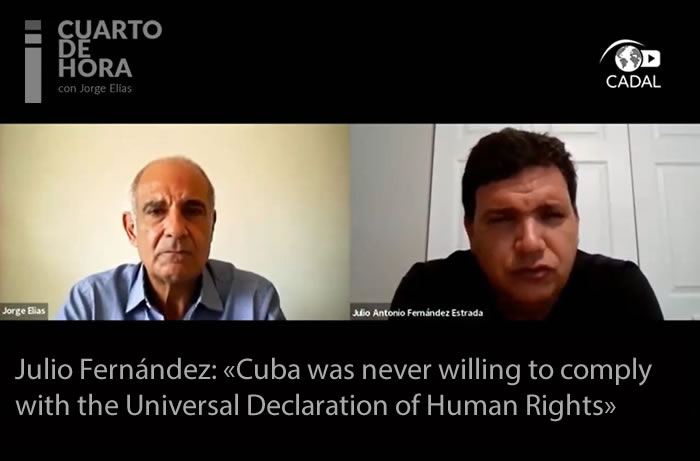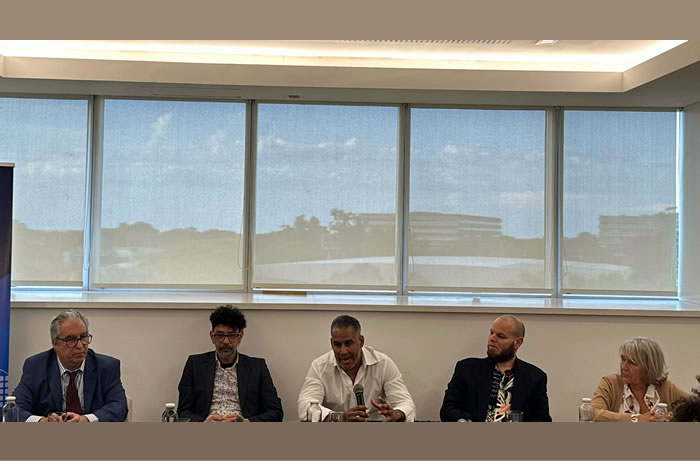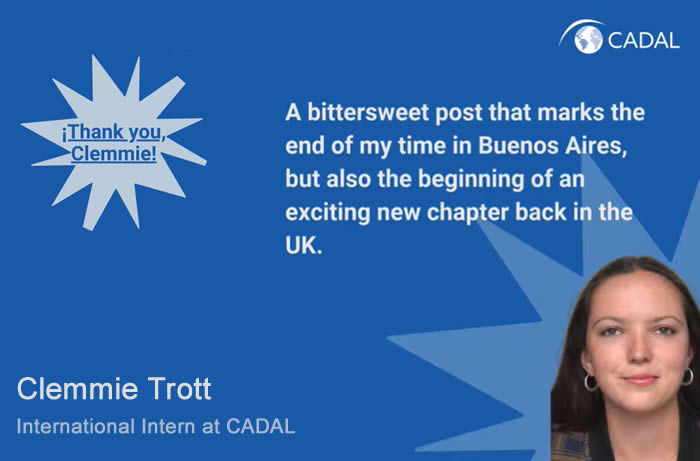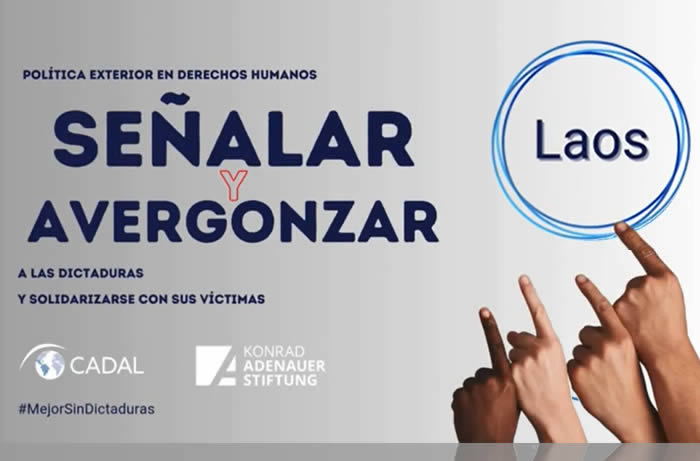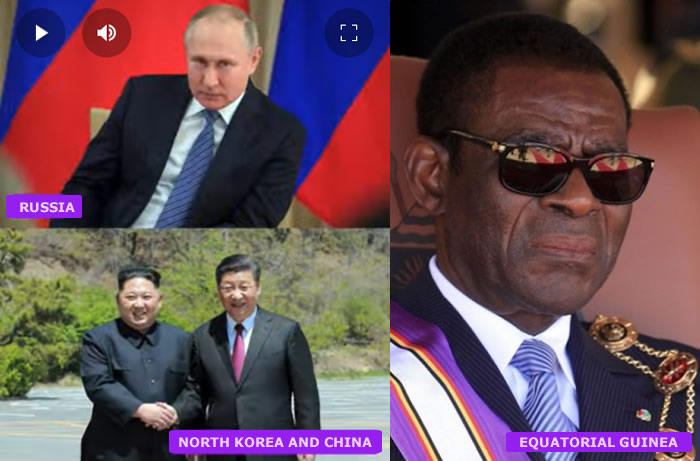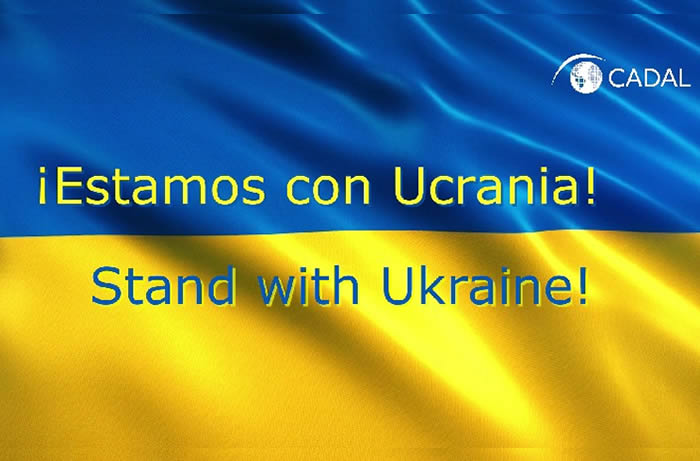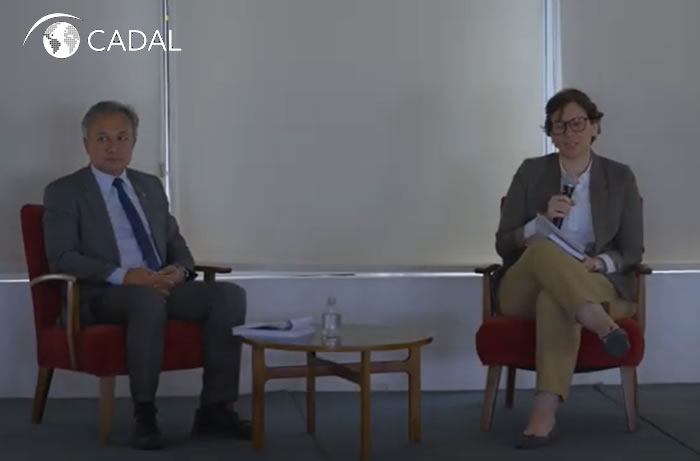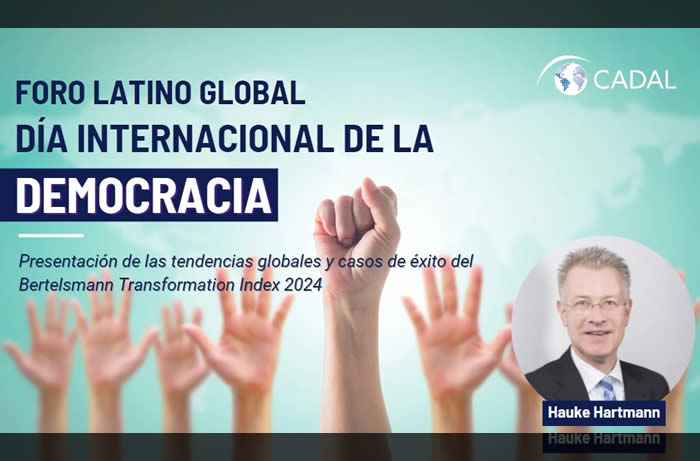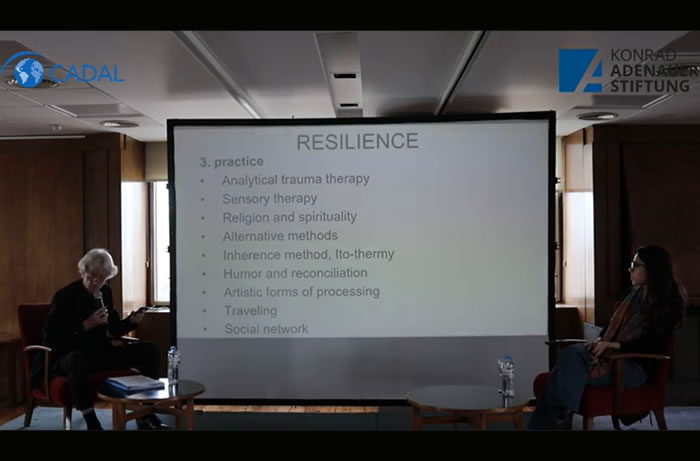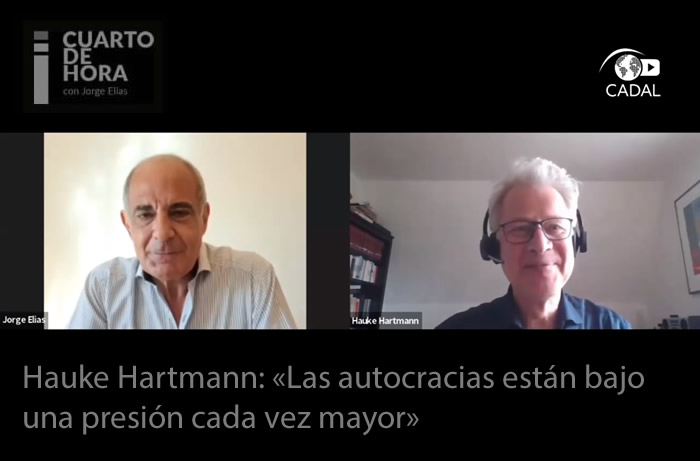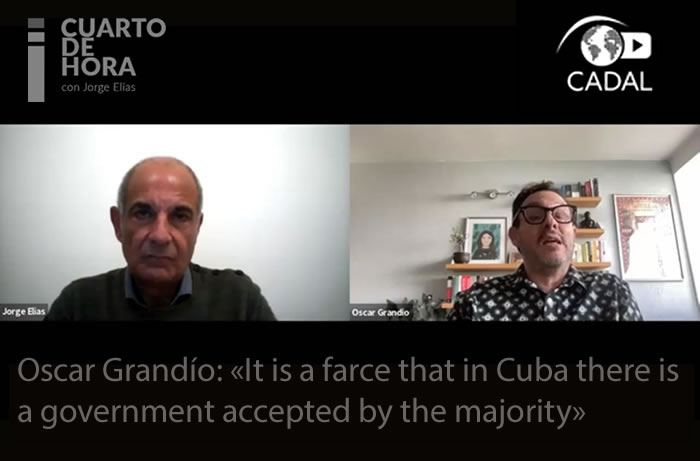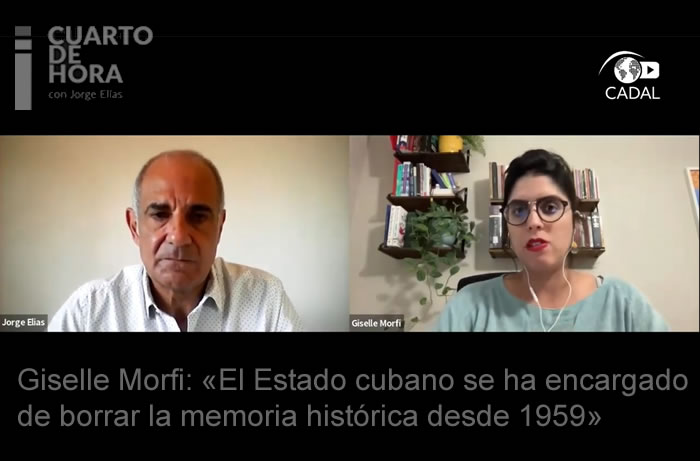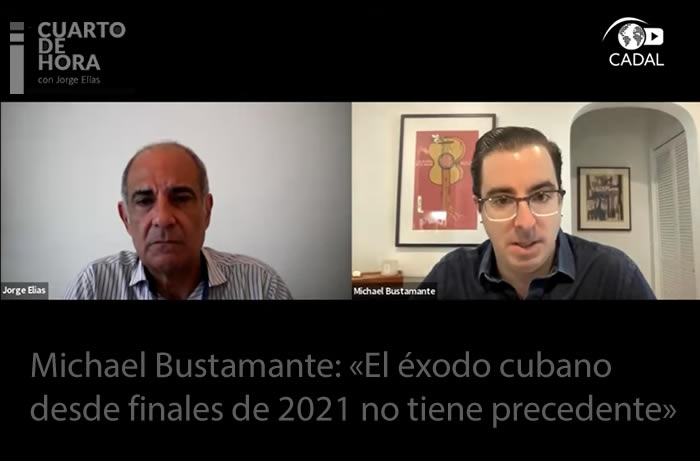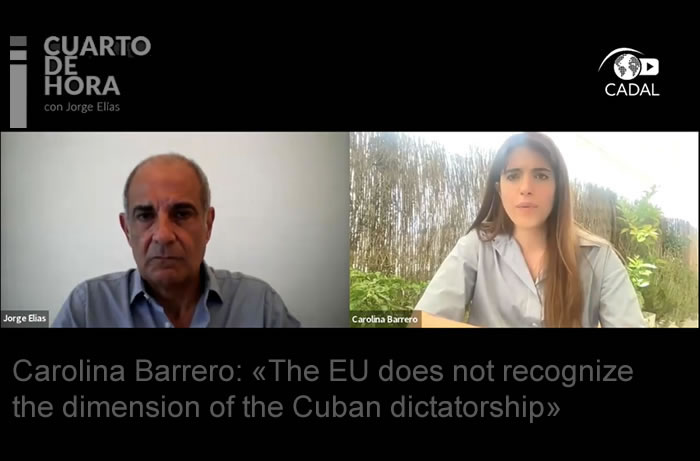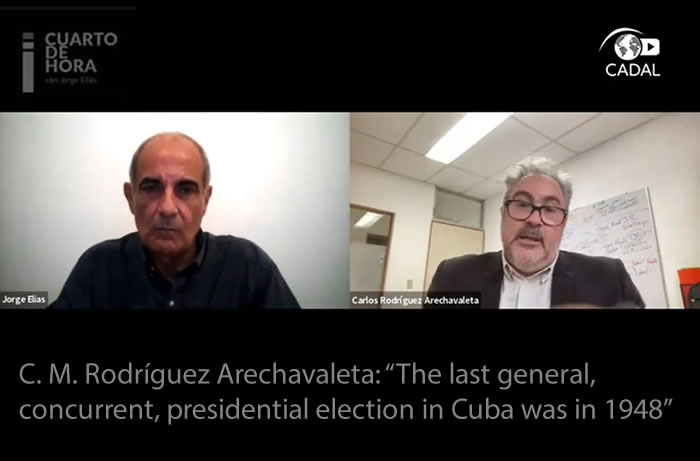Articles
Promotion of the Political Opening in Cuba
 05-30-2023
05-30-2023Which European countries should lead the EU-Cuba relationship?
(Clarín) In order to prioritize EU values in the EU’s relationship with Cuba – that is, implementing the September 12, 2012 guideline «The roots of democracy and sustainable development: Europe’s engagement with civil society in external relations» – it would make most sense for the EU to follow the lead of countries that have lived through a similar totalitarian regime, such as Lithuania and the Czech Republic, or that have been taking more sensitive and committed positions on human rights in Cuba, such as the Netherlands and Sweden.
By Gabriel C. Salvia
(Clarín) What would have been the main objective of the High Representative for Foreign Policy of the European Union (EU), Josep Borrell, recent visit to Cuba? To put pressure on the Díaz-Canel dictatorship for its support to Russia in the military aggression against Ukraine? Economic cooperation and the possibility of generating a more favorable business environment for European companies on the island? To demand the release of more than a thousand political prisoners, most of them detained after exercising their right to peaceful protest on July 11 and 12, 2021?
These three issues have probably been addressed and in that order, but what is clear is that the EU, contrary to its own constituent values, has no real commitment to the defense of human rights and democratic openness in Cuba. Otherwise, the firm position of one of its 27 member countries, Lithuania, should be the rule and not the exception.
Without having an embassy in Havana, Lithuania is the EU country that best understands the political reality of Cuba. In fact, two weeks before the impressive popular protests that began on July 11, 2021, repressed in the best Latin American fascist military dictatorship style and with Miguel Díaz-Canel's “combat order” against the demonstrators shown on TV, the Lithuanian Parliament approved, with a large majority and no votes against, a draft resolution “On the Republic of Cuba” in which it reiterated “that it is not politically opportune to ratify the EU-Cuba Political Dialogue and Cooperation Agreement”.
Among the grounds of the Lithuanian parliament's draft, it was expressed that “besides minor changes in some government positions due to generational replacement, the reform of the centralized economy in the Republic of Cuba has not been carried out and the totalitarian measures of police and justice have not been abandoned, but have even been strengthened”; and stressed “that the continued severe repression by the regime of the Republic of Cuba against freedom of thought, expression, press, circulation, association, academic research, religion and other freedoms is a great challenge to the governments of democracies that have applied the presumption of innocence to the Government of the Republic of Cuba”.
The Seimas of the Republic of Lithuania already noted then a “great awareness of the new forms of destructive activities of the post-communist Russian Federation and its allies against neighboring states and Western democracies” and that “the Government of the Republic of Cuba remains one of its closest allies”.
The Lithuanian parliament also highlighted about Cuba the emergence of a “militaristic monopoly of several military-controlled corporations in the country, GAESA (Group of Commercial Enterprises of the Armed Forces), which acts as a shadow mafia state within the state, not controlled by any other state institution”; and that “the Cuban state controls most of the country's economy and almost all of its hard-earned economic activities, including communications, tourism, remittances and human trafficking, Cuban professionals, particularly the so-called medical teams”.
Can the EU Foreign Service be unaware of what the Lithuanian Parliament said a week and a half before the largest popular protests in Cuba? The EU has an intelligence office that should be aware of what the Lithuanian parliament warned about with regard to Cuba. Also, since the signing of the Political Dialogue and Cooperation Agreement between the EU and Cuba, in the Caribbean country there were significant setbacks in human rights, such as the constitutional rank of the single party in 2019, the adoption of a new penal code that increased the death penalty to 29 crimes, imprisonments and forced exiles. If the dialogue includes human rights then it is clear that the Cuban government obscenely mocks it and that the EU's capacity to influence is nil, despite the millions of euros it provides in cooperation.
The problem then is the lack of political will and the negative leadership that Spain has within the EU in Cuba policy. In fact, those who manage the relationship with Cuba in the EU, mainly economic cooperation, are EU diplomats of Spanish nationality with a political bias more aligned with the dictatorship than with its victims.
Therefore, to prioritize EU values in the EU’s relationship with Cuba – that is, implementing the September 12, 2012 guideline “The roots of democracy and sustainable development: Europe's engagement with civil society in external relations” – it would make most sense for the EU to follow the lead of countries that have lived through a similar totalitarian regime, such as Lithuania and the Czech Republic, or that have been taking more sensitive and committed positions on human rights in Cuba, such as the Netherlands and Sweden.
If, in a sort of neo-colonialism, the EU's relationship with Cuba continues to be led by Spain, either with its nostalgic socialists or its pro-business right wing, then the European Community bloc will be contributing as much to the political opening of the Caribbean island as the United States is doing with its failed and populist economic embargo.
 Gabriel C. SalviaGeneral Director of CADALHuman rights activist dedicated to international democratic solidarity. In 2024 he received the Gratias Agit Award from the Ministry of Foreign Affairs of the Czech Republic. He is the author of the books “Memory, human rights and international democratic solidarity” (2024) and “Bailando por un espejismo: apuntes sobre política, economía y diplomacia en los gobiernos de Cristina Fernández de Kirchner” (2017). In addition, he compiled several books, including “75 años de la Declaración Universal de Derechos Humanos: Miradas desde Cuba” (2023), “Human rights in international relations and foreign policy” (2021), “Desafíos para el fortalecimiento democrático en la Argentina” (2015), “Un balance político a 30 años del retorno a la democracia en Argentina” (2013) and “Diplomacy and Human Rights in Cuba” (2011), His opinion columns have been published in several Spanish-language media. He currently publishes in Clarín, Perfil, Infobae and La Nación, in Argentina. He has participated in international conferences in Latin America, Africa, Asia, Europe, the Balkans and the United States. Since 1992 he has served as director of Civil Society Organizations and is a founding member of CADAL. As a journalist, he worked between 1992 and 1997 in print, radio and TV specialized in parliamentary, political and economic issues, and later contributed with interviews in La Nación and Perfil.
Gabriel C. SalviaGeneral Director of CADALHuman rights activist dedicated to international democratic solidarity. In 2024 he received the Gratias Agit Award from the Ministry of Foreign Affairs of the Czech Republic. He is the author of the books “Memory, human rights and international democratic solidarity” (2024) and “Bailando por un espejismo: apuntes sobre política, economía y diplomacia en los gobiernos de Cristina Fernández de Kirchner” (2017). In addition, he compiled several books, including “75 años de la Declaración Universal de Derechos Humanos: Miradas desde Cuba” (2023), “Human rights in international relations and foreign policy” (2021), “Desafíos para el fortalecimiento democrático en la Argentina” (2015), “Un balance político a 30 años del retorno a la democracia en Argentina” (2013) and “Diplomacy and Human Rights in Cuba” (2011), His opinion columns have been published in several Spanish-language media. He currently publishes in Clarín, Perfil, Infobae and La Nación, in Argentina. He has participated in international conferences in Latin America, Africa, Asia, Europe, the Balkans and the United States. Since 1992 he has served as director of Civil Society Organizations and is a founding member of CADAL. As a journalist, he worked between 1992 and 1997 in print, radio and TV specialized in parliamentary, political and economic issues, and later contributed with interviews in La Nación and Perfil.
(Clarín) What would have been the main objective of the High Representative for Foreign Policy of the European Union (EU), Josep Borrell, recent visit to Cuba? To put pressure on the Díaz-Canel dictatorship for its support to Russia in the military aggression against Ukraine? Economic cooperation and the possibility of generating a more favorable business environment for European companies on the island? To demand the release of more than a thousand political prisoners, most of them detained after exercising their right to peaceful protest on July 11 and 12, 2021?
These three issues have probably been addressed and in that order, but what is clear is that the EU, contrary to its own constituent values, has no real commitment to the defense of human rights and democratic openness in Cuba. Otherwise, the firm position of one of its 27 member countries, Lithuania, should be the rule and not the exception.
Without having an embassy in Havana, Lithuania is the EU country that best understands the political reality of Cuba. In fact, two weeks before the impressive popular protests that began on July 11, 2021, repressed in the best Latin American fascist military dictatorship style and with Miguel Díaz-Canel's “combat order” against the demonstrators shown on TV, the Lithuanian Parliament approved, with a large majority and no votes against, a draft resolution “On the Republic of Cuba” in which it reiterated “that it is not politically opportune to ratify the EU-Cuba Political Dialogue and Cooperation Agreement”.
Among the grounds of the Lithuanian parliament's draft, it was expressed that “besides minor changes in some government positions due to generational replacement, the reform of the centralized economy in the Republic of Cuba has not been carried out and the totalitarian measures of police and justice have not been abandoned, but have even been strengthened”; and stressed “that the continued severe repression by the regime of the Republic of Cuba against freedom of thought, expression, press, circulation, association, academic research, religion and other freedoms is a great challenge to the governments of democracies that have applied the presumption of innocence to the Government of the Republic of Cuba”.
The Seimas of the Republic of Lithuania already noted then a “great awareness of the new forms of destructive activities of the post-communist Russian Federation and its allies against neighboring states and Western democracies” and that “the Government of the Republic of Cuba remains one of its closest allies”.
The Lithuanian parliament also highlighted about Cuba the emergence of a “militaristic monopoly of several military-controlled corporations in the country, GAESA (Group of Commercial Enterprises of the Armed Forces), which acts as a shadow mafia state within the state, not controlled by any other state institution”; and that “the Cuban state controls most of the country's economy and almost all of its hard-earned economic activities, including communications, tourism, remittances and human trafficking, Cuban professionals, particularly the so-called medical teams”.
Can the EU Foreign Service be unaware of what the Lithuanian Parliament said a week and a half before the largest popular protests in Cuba? The EU has an intelligence office that should be aware of what the Lithuanian parliament warned about with regard to Cuba. Also, since the signing of the Political Dialogue and Cooperation Agreement between the EU and Cuba, in the Caribbean country there were significant setbacks in human rights, such as the constitutional rank of the single party in 2019, the adoption of a new penal code that increased the death penalty to 29 crimes, imprisonments and forced exiles. If the dialogue includes human rights then it is clear that the Cuban government obscenely mocks it and that the EU's capacity to influence is nil, despite the millions of euros it provides in cooperation.
The problem then is the lack of political will and the negative leadership that Spain has within the EU in Cuba policy. In fact, those who manage the relationship with Cuba in the EU, mainly economic cooperation, are EU diplomats of Spanish nationality with a political bias more aligned with the dictatorship than with its victims.
Therefore, to prioritize EU values in the EU’s relationship with Cuba – that is, implementing the September 12, 2012 guideline “The roots of democracy and sustainable development: Europe's engagement with civil society in external relations” – it would make most sense for the EU to follow the lead of countries that have lived through a similar totalitarian regime, such as Lithuania and the Czech Republic, or that have been taking more sensitive and committed positions on human rights in Cuba, such as the Netherlands and Sweden.
If, in a sort of neo-colonialism, the EU's relationship with Cuba continues to be led by Spain, either with its nostalgic socialists or its pro-business right wing, then the European Community bloc will be contributing as much to the political opening of the Caribbean island as the United States is doing with its failed and populist economic embargo.

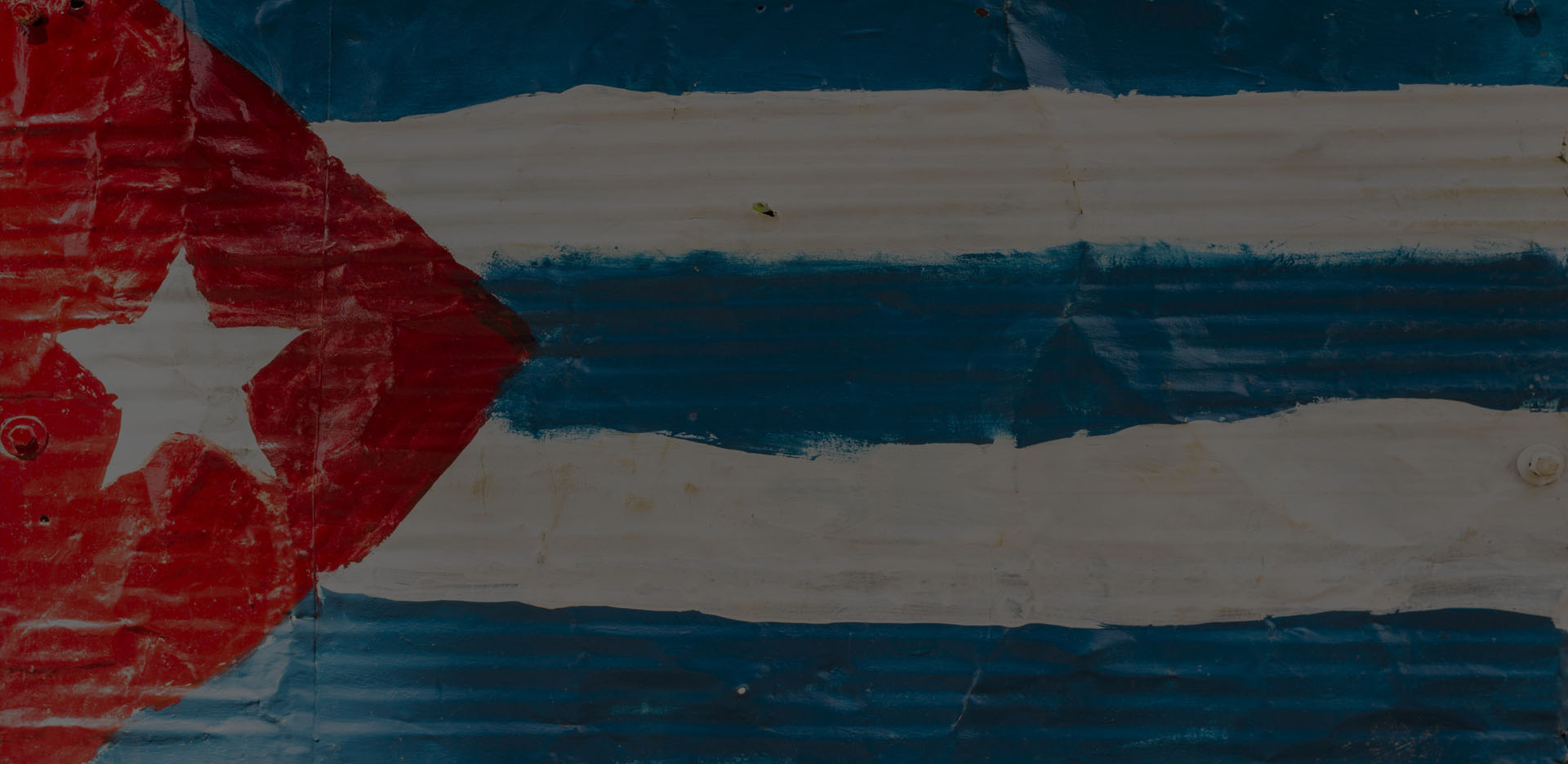


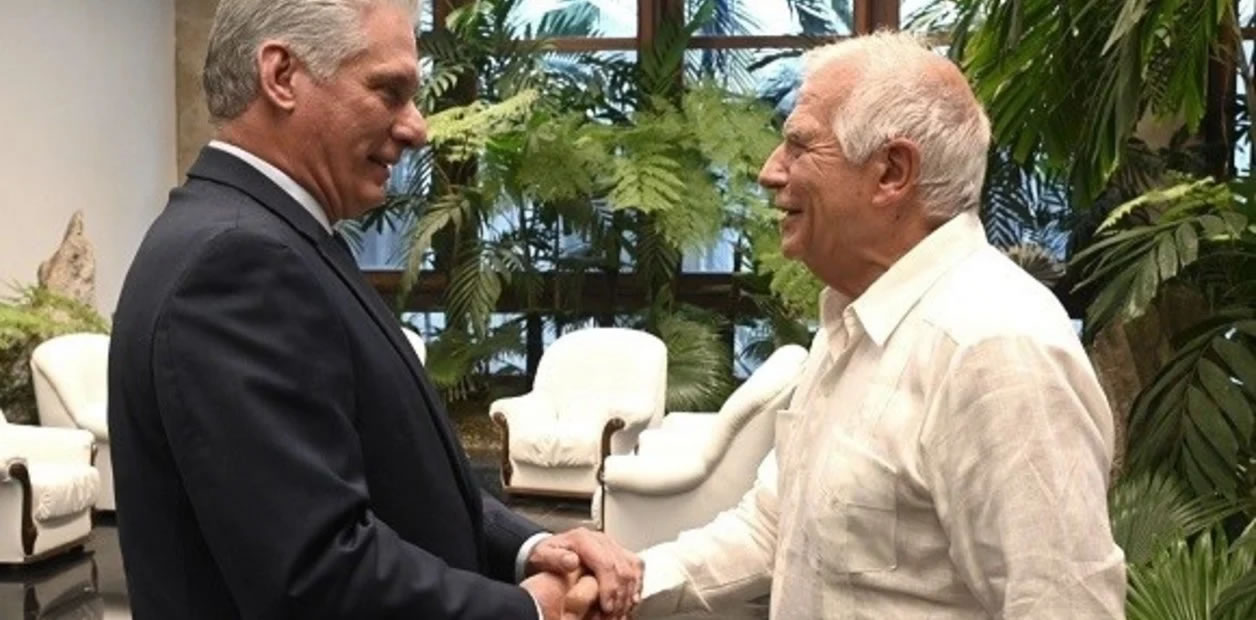
 Leer esta nota en Español
Leer esta nota en Español
